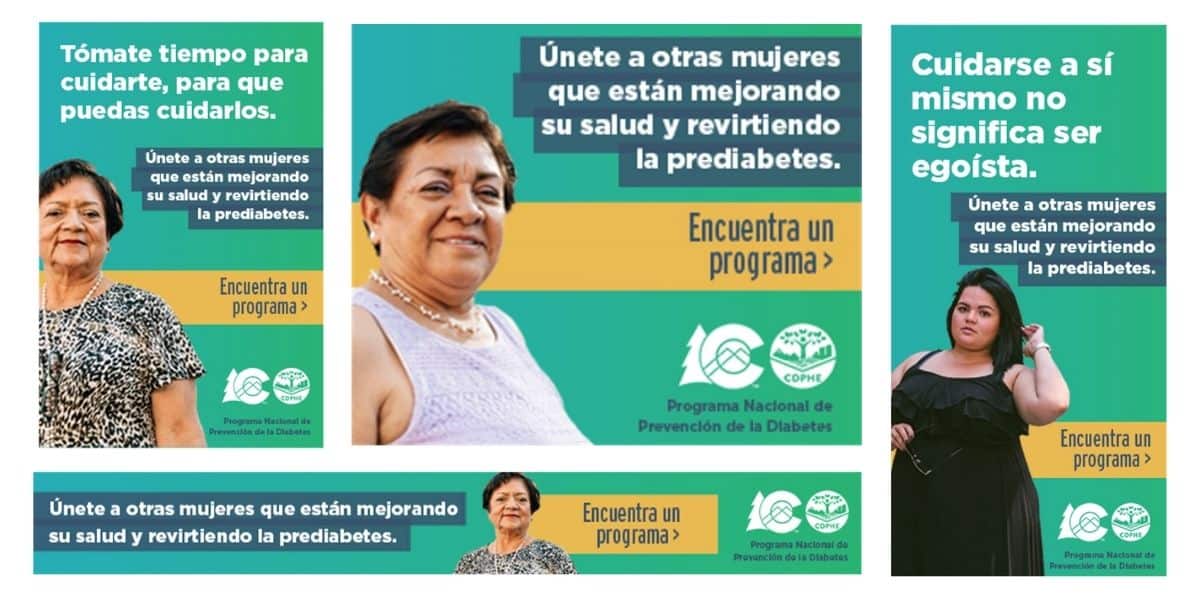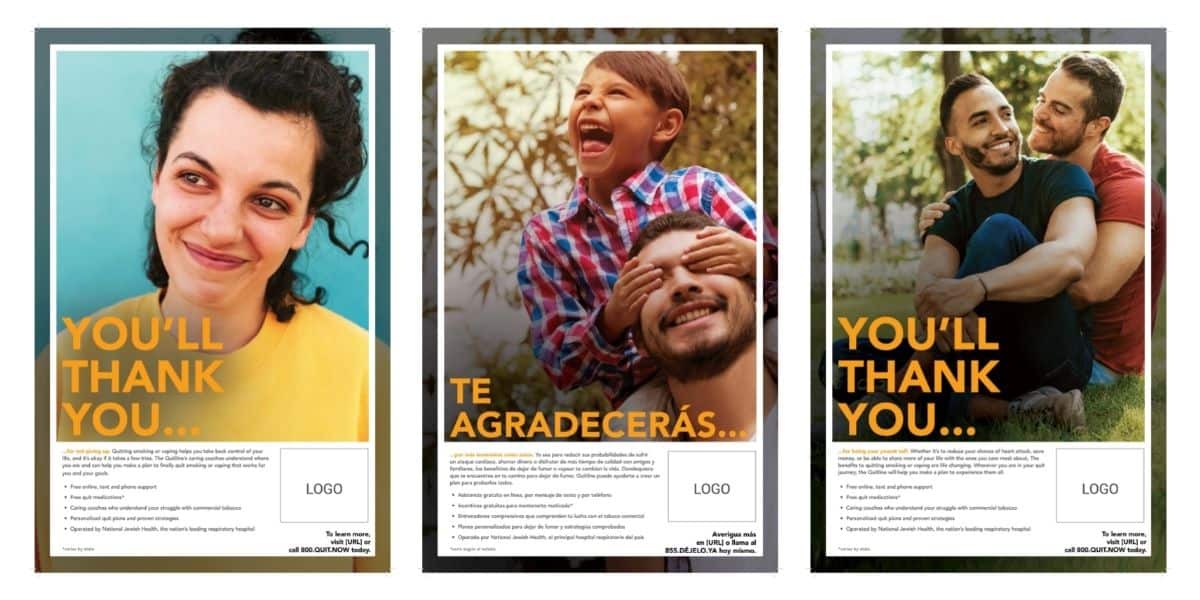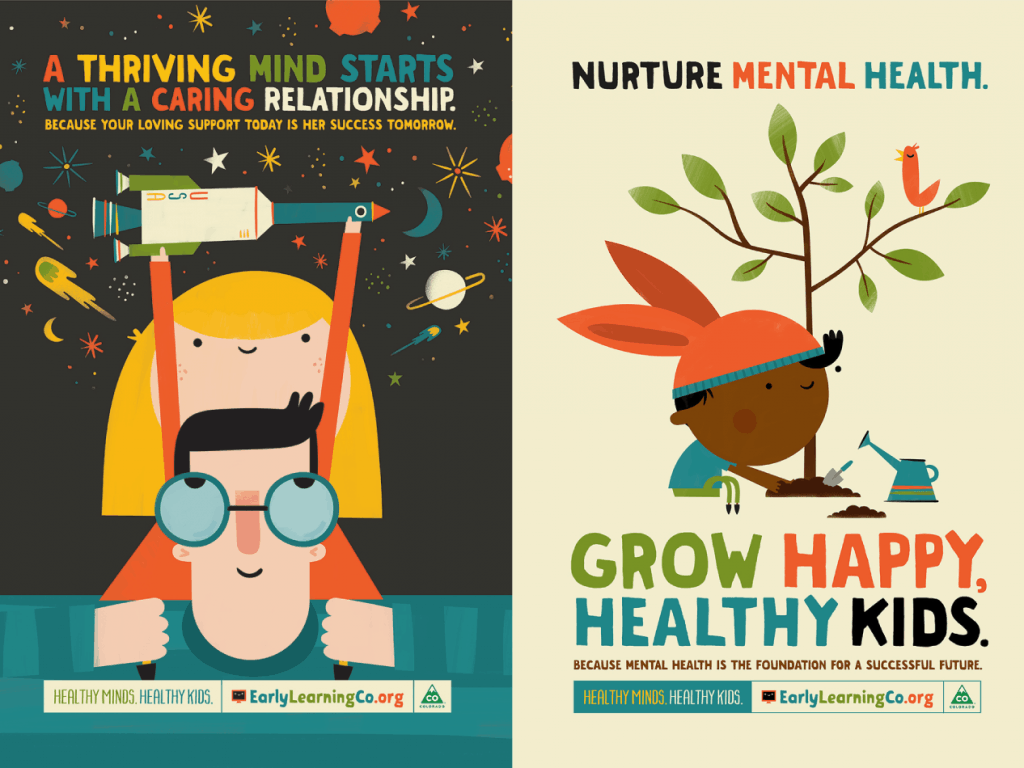While stories help in all kinds of communications, they are critical in the world of public issues because the problems that our clients are tackling — healthcare, hunger, smoking regulations — are complex and technical (and possibly even boring to the average person). Good storytelling overcomes these barriers and helps people connect with your issues.
When I came across this great example of why stories are so important and how to tell a good one, I just had to share:
An American scientist… brought a bunch of students into his lab and told them about a youth (Somalian, maybe?) who had suffered through the horrors of war. The story was graphic and tragic, and when the scientist asked for donations to help support this youth, he received an average of $8.10 from every student who attended.
Later, the scientist called in another group of students and told them a much more elaborate and accurate description of the plight of Somalian (?) youth. This report was very factual and detailed and presented a much bigger problem — not just the story of one young man, but the tale of a generation. You might be forgiven for expecting that when the scientist requested donations for such a cause he would receive much more money per student. But, no, the “macro” story generated donations of only 55 cents per person…
If cash-poor students can give $8.10 versus 55 cents, based on the power of a story alone, that tells you something about the importance of being personal, specific and detailed.
I pulled this example from an e-newsletter for writers authored by Daphne Gray-Grant. She is retelling the story from a talk she heard by Jonah Lehrer, author of How We Decide. In his talk, Lehrer also offered some thoughts on why stories are so powerful:
- Stories have been meaningful to humans since before we were literate. We are hardwired to respond to the natural tension in stories and to engage in the “beginning, middle and end” structure of them.
- Stories entertain and empower readers in a way that statistics and facts simply don’t. Stories help move people to action.
- People remember facts told in the context of a story better than in any other way.
Daphne Grey allowed me to reprint a portion of her newsletter (thanks Daphne!) in exchange for sharing this information with you: Daphne Gray-Grant is a writing and editing coach and the author of the popular book 8½ Steps to Writing Faster, Better. She offers a brief and free weekly newsletter on her website. Subscribe by going to the Publication Coach.





